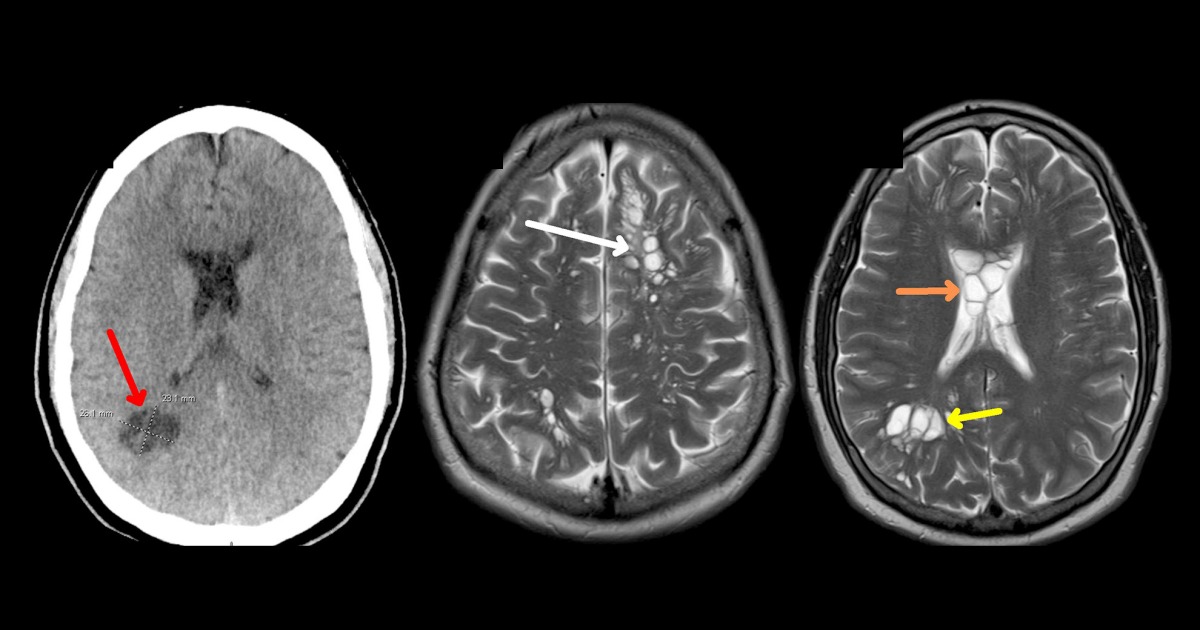
A man was hospitalized with worsening migraines only to find out they were caused by parasitic tapeworm larvae in his brain — and researchers believe he was infected by eating undercooked bacon.
The unidentified 52-year-old American man consulted doctors on changes in his usual migraines over four months, according to a study in the American Journal of Case Reports published Thursday. The migraines became more frequent, severe and unresponsive to medication.
The patient was admitted to the hospital for testing. CT scans revealed numerous cystic foci, which are fluid-filled sacs in the brain. Cysticercosis cyst antibody tests returned positive, and the man was diagnosed with neurocysticercosis, the study said.
Neurocysticercosis is a form of the parasitic tissue infection caused by larval cysts of the pork tapeworm found in the brain, the Centers for Disease Control and Prevention state.
A person contracts cysticercosis by ingesting larval cysts from infected feces, which typically occurs from a lack of handwashing, according to the CDC. The disease is endemic in the developing world due to poor sanitation.
The patient did not recently travel to high-risk areas, and his “habit of eating lightly cooked, non-crispy bacon most of his life” was the only connection to the neurocysticercosis diagnosis.
“It can only be speculated, but given our patient’s predilection for undercooked pork and benign exposure history, we favor that his cysticercosis was transmitted via autoinfection after improper handwashing after he had contracted taeniasis himself from his eating habits,” the report concluded.
The patient was successfully treated with anti-parasitic and anti-inflammatory medications. His brain lesions regressed, and his headaches improved.
It is “very rare” for patients to contract neurocysticercosis in the U.S., but the findings of the study may change that notion.
“It is historically very unusual to encounter infected pork in the United States, and our case may have public health implications,” the report stated.
Symptoms of neurocysticercosis range from headaches to seizures, depending on what structures and tissues have been infected. The disease can be fatal, according to the CDC.

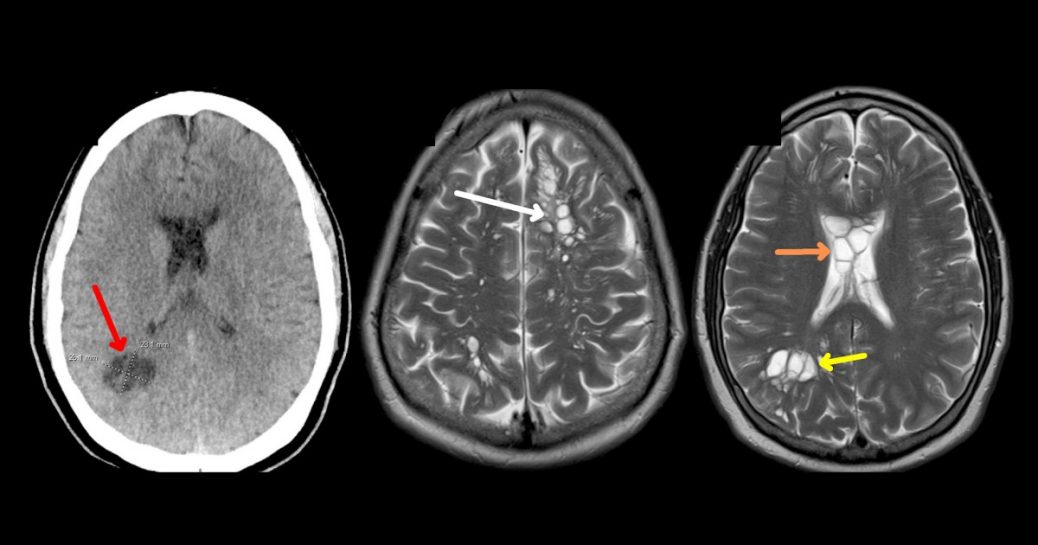
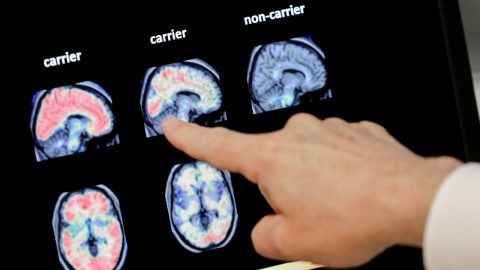




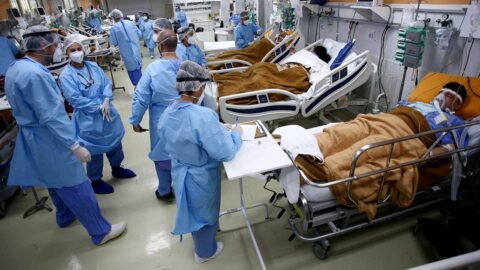
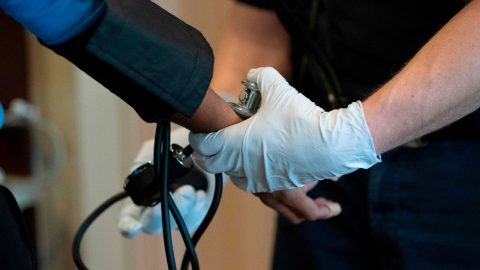
Recent Comments